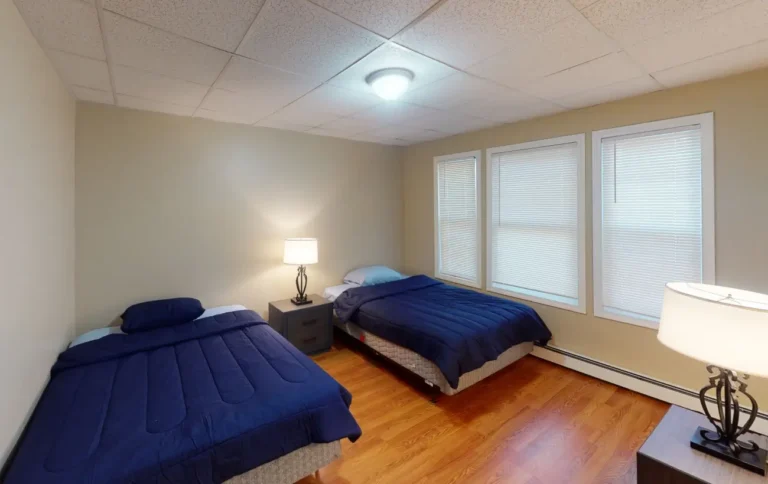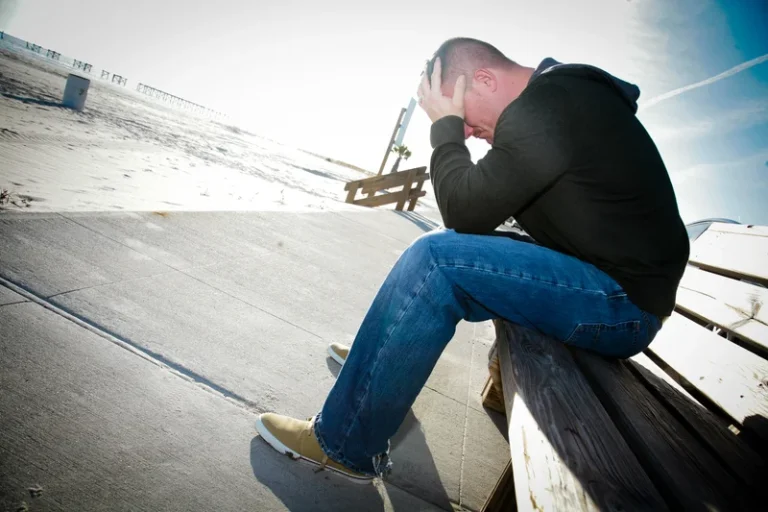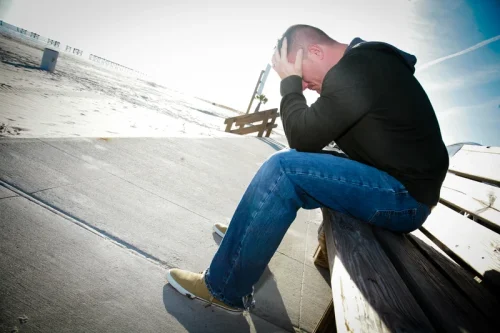Apr 22, 2021
Rates and predictors of relapse after natural and treated remission from alcohol use disorders

60% of all Americans with an alcohol use disorder will be able to avoid drinking and a relapse into alcoholism two years after treatment. 33% of all Americans with an alcohol use disorder will have multiple slips, lapses and relapses at some point during their recovery process. 56% of all Americans with an alcohol use disorder will have more than one slip, lapse and relapse at =https://ecosoberhouse.com/ some point during their recovery process.
What to Expect During Cocaine Detox

This is comparable to the relapse rates of other chronic diseases like hypertension and diabetes. Relapse rates for individuals recovering from addiction can vary significantly based on whether they receive professional treatment or not. Generally, at Alcohol Relapse the very least, a relapse likely means that you need additional support while in recovery, also known asaftercare. Aftercare can consist of sober living houses, 12-step programs and ongoing therapy. These help keep you focused on your recovery, reducing your risk of relapse. Even after being sober for years, the potential for an alcohol relapse is always possible.
- Delving into the statistics on alcohol relapse can provide valuable insights into the prevalence and factors influencing relapse rates.
- Recovery from alcohol relapse is a challenging process that requires individual attention, understanding, and support.
- Factors such as age, gender, socioeconomic status, and ethnicity can impact the likelihood of relapse.
- Studies show that individuals who undergo at least three months of treatment for alcohol use disorders tend to maintain sobriety better compared to those receiving shorter durations.
- Even with professional treatment, relapse is common, but ongoing support and aftercare are crucial.
- However, it’s important to assess the relapse and identify things you can change or adapt to prevent a similar experience in the future.
What If I Relapsed After Inpatient Treatment?

66% of all people in the United States who have been treated for alcohol use disorder will have at least one or more relapses in the year after they’ve completed substance abuse treatment. According to national surveys, only a third of individuals struggling with alcohol addiction attempt to quit every year. Of these people, just 25 percent successfully reduce their alcohol consumption for more than a year afterwards. Explore drug rehab program durations, from short-term to long-term options, tailored to individual needs.
Cravings and Triggers: Strategies for Staying Strong During Cocaine Detox
Dual diagnoses—where an individual contends with both a substance use disorder and a mental health disorder—pose unique challenges in the recovery journey. The relationship between alcohol abuse and mental health issues is deeply intertwined, often leading to exacerbated outcomes if not treated concurrently. In summary, both gender and age play crucial roles in the likelihood of relapse following treatment for alcohol use disorder.

How does social support influence relapse rates?

There were some interactions between the help groups and the baseline variables in predicting remission (Table 1). Moreover, compared to individuals who remitted with help, individuals who remitted without help had fewer problems or more resources on each of these indices. In earlier analyses based on this sample, we identified 1-year risk factors for overall 8-year non-remission marijuana addiction 31. Restoring a path toward sobriety often involves revisiting and enhancing the relapse-prevention plan.

Relapse Prevention Strategies for Long-Term Cocaine Recovery
- In this blog post, we’ll explore 50 alcohol relapse statistics to help you better understand the challenges you may face while trying to stay sober.
- An extended relapse with heavy drinking can put you at risk ofalcohol withdrawalsymptoms, which can be dangerous.
- Discover how rehab helps drug addicts overcome addiction through trusted rehab services, therapy, detox, skill-building, peer support, and aftercare for lasting recovery.
- Relapse often occurs during the recovery process, and there are options available to you if you do relapse.
However, overall progress remains challenging, with only about 20% managing to maintain sobriety beyond one year. These results add to growing evidence that participation in treatment and/or AA contributes to better short-term alcohol-related outcomes. We also conducted partial correlation and logistic regression analyses, controlling for help group, to identify independent predictors of 3-year remission and of 16-year relapse among initially remitted individuals.